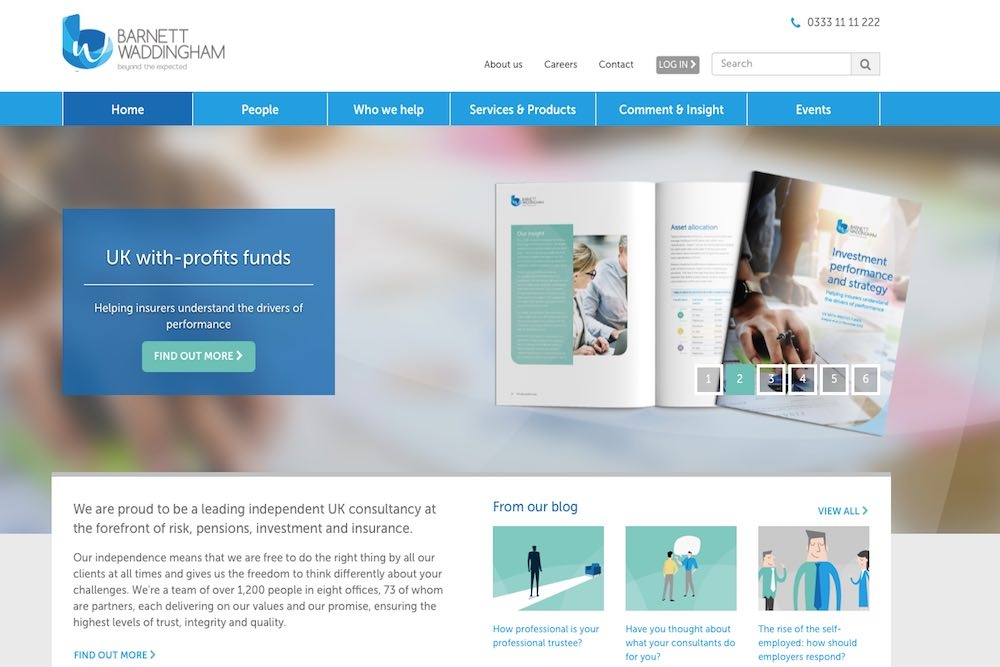
Falling life expectancy helps cut DB scheme deficits

Defined Benefit pension schemes have seen major improvement in their deficits with 46% now in surplus - partly helped by a fall in life expectancy reducing liabilities.
Analysis by pension consultants Barnett Waddingham of Hymans Robertson’s 2019 pensions analysis report reveals the largest year-on-year fall in deficits in a decade.
FTSE 350 companies DB pension scheme deficits have fallen by nearly a third and the number of schemes with a surplus has increased from 23% five years ago to 46% now.
The collective pension deficit for FTSE 350 companies declined from£55bn in 2017 to £39bn in 2018, a fall of 29%.
The deficit reduction has been helped by a combination of increased corporate bond yields and the continuing payment of deficit contributions as well as a small decline in life expectancy forecasts.
The company says that the latest mortality projections have reduced the average time to reach buyout by one year, when compared to life expectancy estimates five years ago.
A further one-year fall in life expectancies over the next five years would mean that two-thirds (approximately 66%) of FTSE 350 schemes would be able to buyout by 2028, rather than the 54% currently projected.
The best performing sector in terms of surplus was the financial sector where 69% of companies have a surplus. Just 14% of IT firms’ schemes are in the same position.
|
Sector |
% of companies with a scheme surplus |
|
Industrials |
38.6% |
|
Consumer Staples |
50.0% |
|
Telecom Services |
33.3% |
|
Consumer Discretionary |
47.2% |
|
Energy |
50.0% |
|
Materials |
26.1% |
|
Healthcare |
37.5% |
|
Utilities |
57.1% |
|
Financials |
69.4% |
|
IT |
14.3% |
Source: Barnett Waddingham
Barnett Waddingham predicts that 1 in 20 FTSE 350 companies will be in a position to buyout their DB schemes in the next two years and 21% will be able to do so in the next five years.
Nick Griggs, partner at Barnett Waddingham, said: “With improving funding levels, maturing pension schemes and a significant amount of de-risking already achieved, company boards should be focusing on how they navigate the remaining part of the journey to the endgame.
“DB scheme liabilities have long weighed on company balance sheets and, despite the measures taken to limit their cost, they remain a far greater drain on resources than their DC counterparts. DB schemes still account for two-thirds of FTSE 350 company spending on pensions.”
